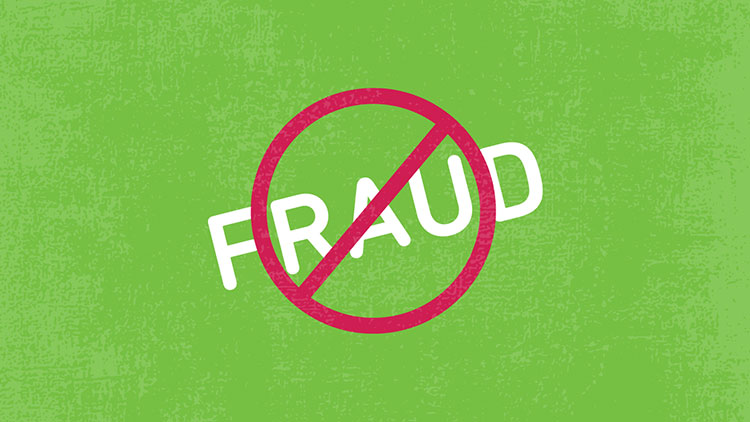What steps are you taking to protect your identity? Credit and debit cards give you flexibility and purchasing power, but as with any sensitive information, they require extra security precautions. You wouldn't leave cash lying around, so it's important to secure your financial information as well. In oder to lower your chances of becoming a victim of identity theft, review these basics.
Identity Theft Basics



- What about cash or prepaid cards? Unfortunately, if your cash is stolen, there's little that can be done except filing a report with the police. Prepaid cards are similar to debit cards, but instead of being linked to a bank account, they are linked to reloadable prepaid accounts. Treat your prepaid card like cash, and keep it in a secure place.
- Check your credit report for inaccuracies. You are entitled to a free copy of your credit report every 12 months. Request your report regularly to make sure you're aware of any changes. This way, you're more likely to catch any errors.
- Keep your Social Security Number (SSN) private. Give your SSN only to reputable companies after you have contacted them, not after they have contacted you. Remember that sharing your SSN through email or text can put it at risk.
- Protect financial documents and mail. Do you shred old bills or credit card statements? Shredding your documents helps protect any personal information from getting into the wrong hands. Similarly, if you are on vacation, place a postal hold on your mail until you return.
- Practice smart online security. Are you using the same password or a variation of the same one for several accounts? If so, that can make multiple accounts vulnerable. Use secure passwords, do not share them with others and change them regularly. If you need to enter financial information online, disclose it only on secure websites. Consider applications to generate passwords and store your sensitive online information.
Share
